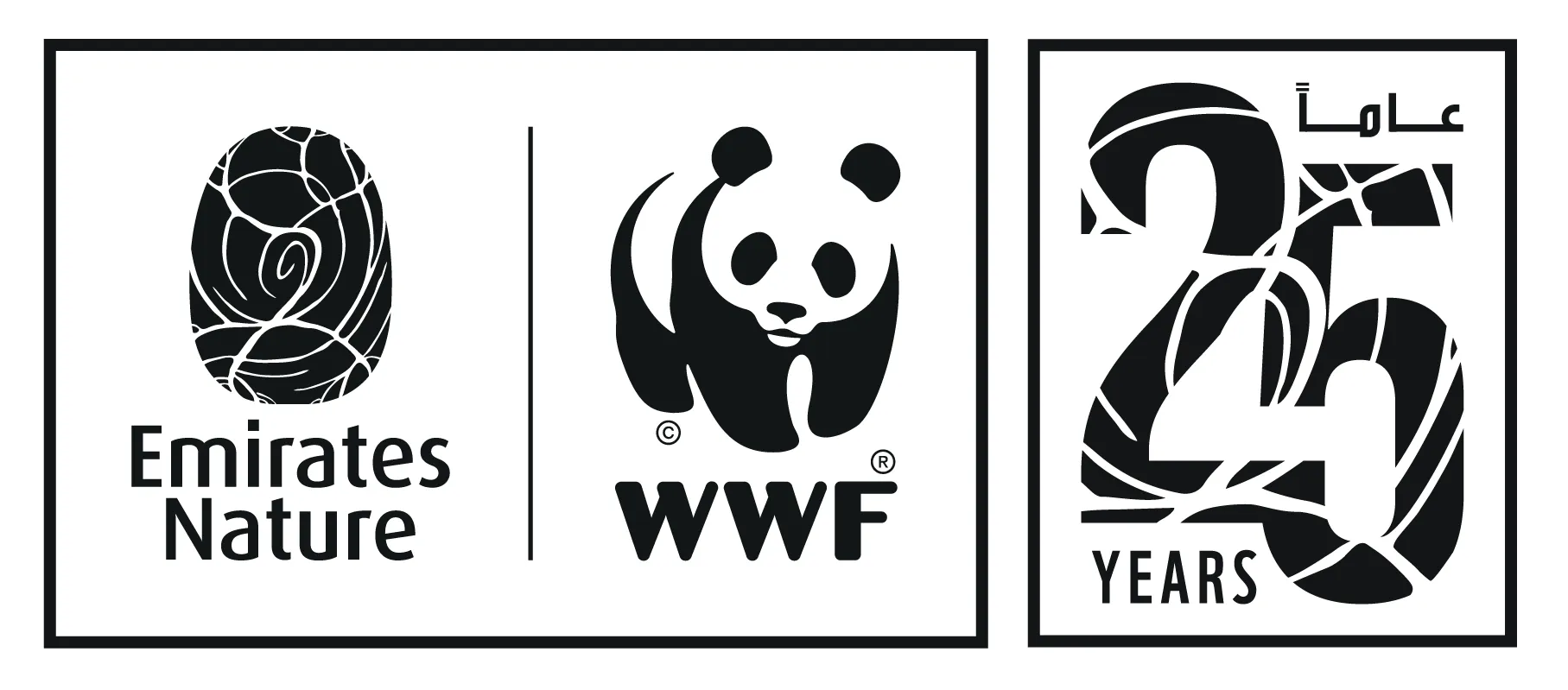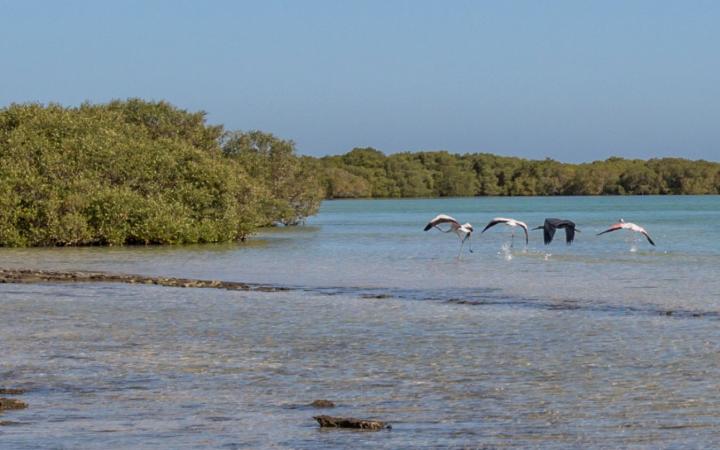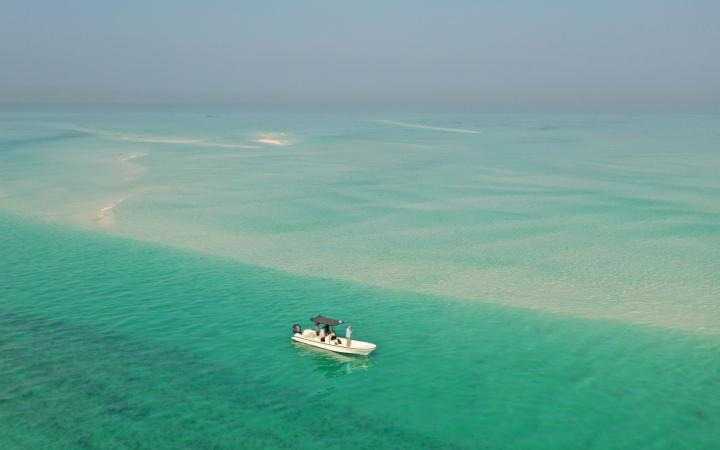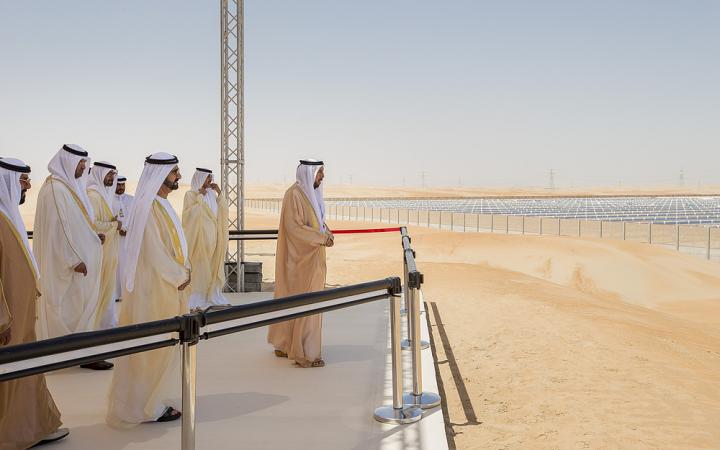If left unchecked, climate change will alter the UAE and the wider region forever. However, Emirates Nature-WWF continues to support the significant steps required towards low-carbon living and development in the UAE. Through our leading research initiatives and science-based advisory role, we support governments, businesses and other stakeholders to ensure climate change remains high on the political and business agenda. And through raising awareness and educational activities, we help to promote energy and water efficiency, reduce the UAE’s ecological footprint and increase support for renewable energy.
The good news is, momentum is building. Renewable energy is gaining traction, the uptake of energy and water efficient technologies is increasing, and hybrid and electric cars are being sold at an ever-faster pace. The more we all act, the quicker we can achieve a more sustainable UAE.
ENERGY, WATER AND FUEL EFFICIENCY
Improving energy and water efficiency is crucial to reduce the country’s carbon emissions and tackle climate change. We’ve collaborated on vital research to help accelerate this in the private sector. In addition, under the Ecological Footprint Initiative (EFI), we’re working with partners to inform future transport policies – such as increasing the proportion of fuel-efficient cars and decreasing emissions. We’re also looking into working with banks, businesses and government to offer financial incentives that would encourage uptake of efficient technology.
SUPPORTING RENEWABLE ENERGY
Imagine if our lives and industries were powered by cheaper, cleaner sources of energy – such as solar or wind power. Emirates Nature-WWF aims to support the UAE in achieving its 44% renewable energy target, as stated in the National Energy Strategy 2050. By assessing whether targets can be surpassed and identifying a policy roadmap for achieving them, Emirates Nature-WWF aims to support the review of the national energy strategy 2050 targets and development of policies. With many projects, already successfully underway with positive results, the UAE has a real opportunity not just to reduce carbon emissions, but to drive future growth through leadership in this field.
REDUCING THE UAE ECOLOGICAL FOOTPRINT
With wide scale urbanisation, and a rapidly growing economy and population, the demand for energy and resources has increased greatly. In order to address these consumption patterns, in 2007, the UAE launched the Ecological Footprint Initiative (EFI). The EFI aims to develop science-based policies that result in a measurable reduction in the UAE’s carbon footprint, as it comprises the majority of the UAE’s Ecological footprint. Key achievements of the EFI include the development of an energy-efficiency standard and labelling system for indoor lighting (currently under implementation) in 2014, and recently, the completion of a technical study to support the development of a UAE vehicle fuel economy standard to reduce fuel consumption and CO2 emissions from new light-duty vehicles.
CLIMATE CHANGE AS A NATIONAL PRIORITY
Ultimately, success depends on ensuring climate change is a key consideration in the country’s planning, policies and lifestyle habits. So, through science, research and engaging with a range of stakeholders, Emirates Nature-WWF continues to highlight the risks that climate change poses, whilst proposing solutions to mitigate or adapt to these, and supporting the UAE towards a sustainable, low-carbon economy.






